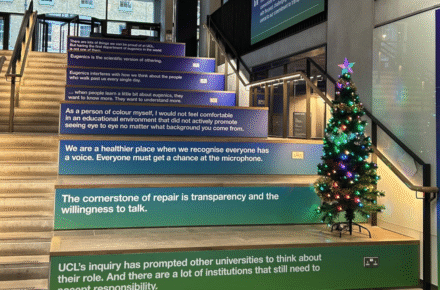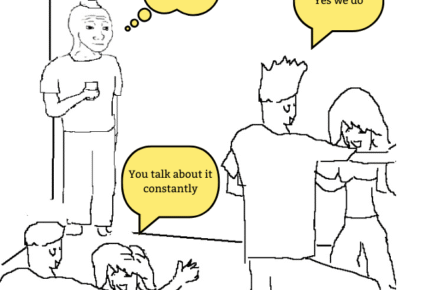Riddhi Kanetkar
Recently, a Labour motion to extend free school meals until Easter has been rejected by the government, by a margin of 61 votes. All but five Conservative MPs voted against funding FSM over the holidays for children in England. This decision is especially disheartening at a time when the nation is bracing itself for a second lockdown, as we anticipate another season of uncertainty in these coming weeks.
Throughout this pandemic, thousands of frontline workers have dedicated their time to keeping the country functioning. The bonds of social responsibility have, in many ways, been the glue holding the nation together, which is why the government’s conscious inaction towards ensuring that school children are fed is a particularly malicious disjunction from the civic contributions made by so many.
As a student, I am – to say the least – dismayed by the government’s disregard for children. However, what is particularly pitiful is the ground on which they are defending their stance. Chancellor Sunak’s claim that ‘money had been given to councils over summer’ is redundant because that funding was expected to be depleted in 12 weeks. The delegated £63 million was not solely for feeding children during the holidays, and local councils have shown varying degrees of commitment to continuing free school meals, essentially turning this into a ‘postcode lottery’ for children.
Scrolling through my social media feeds following the parliamentary debate, I saw the footballer, Marcus Rashford, propelling a nation-wide initiative to combat the consequence of the government’s decision. Countless local businesses and restaurants, on top of food banks, offered to provide free meals for children during the holidays. While these community-driven proposals show the exact compassion that the government appears to be lacking, it is unfortunately an untenable approach. In shifting the responsibility of welfare away from centralised government bodies, the public are once again reckoned with the moral duty of doing the government’s job for them.
Yet this decision will have significant impacts on local communities. Over in South London, a large majority of my neighbouring constituencies, including mine, are Conservative, and witnessing these MPs vote against the motion was especially nauseating. Children are not to blame for their financial situations, and in a borough with just under 25% of the population being under 17, young people have been let down. For the past seven months, students like myself have been neglected by the government, and their disregard for young people has unfortunately been an endemic mark of their authority.
I do not think this move was ideologically uncharacteristic of the Conservative government. Perhaps it was naïve of me to expect a change from the dismal trajectory of policies and strategies that have been implemented in recent months, but hope has been a driving force during the pandemic. So I will continue to hope that we as a society can do whatever it takes in our power to protect the vulnerable, and to look out for one another even when we are failed by our political representatives.
This appeared in Issue 74









